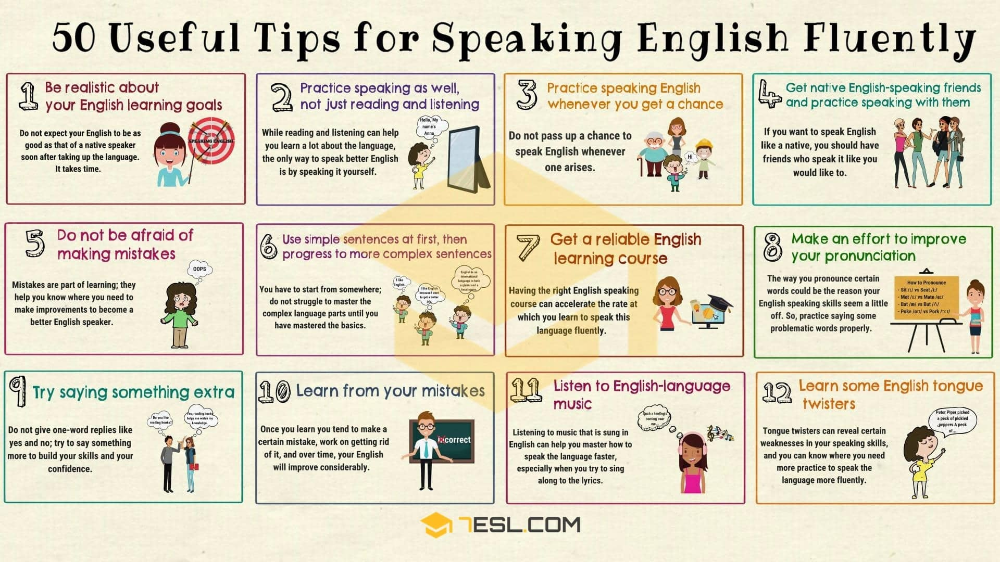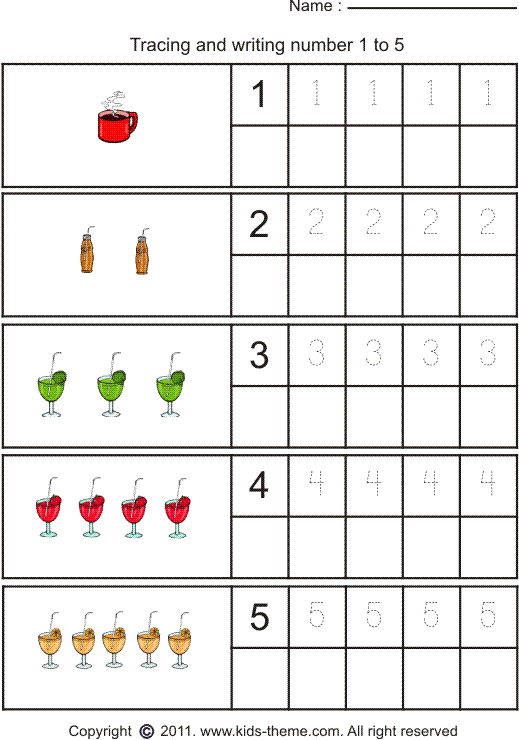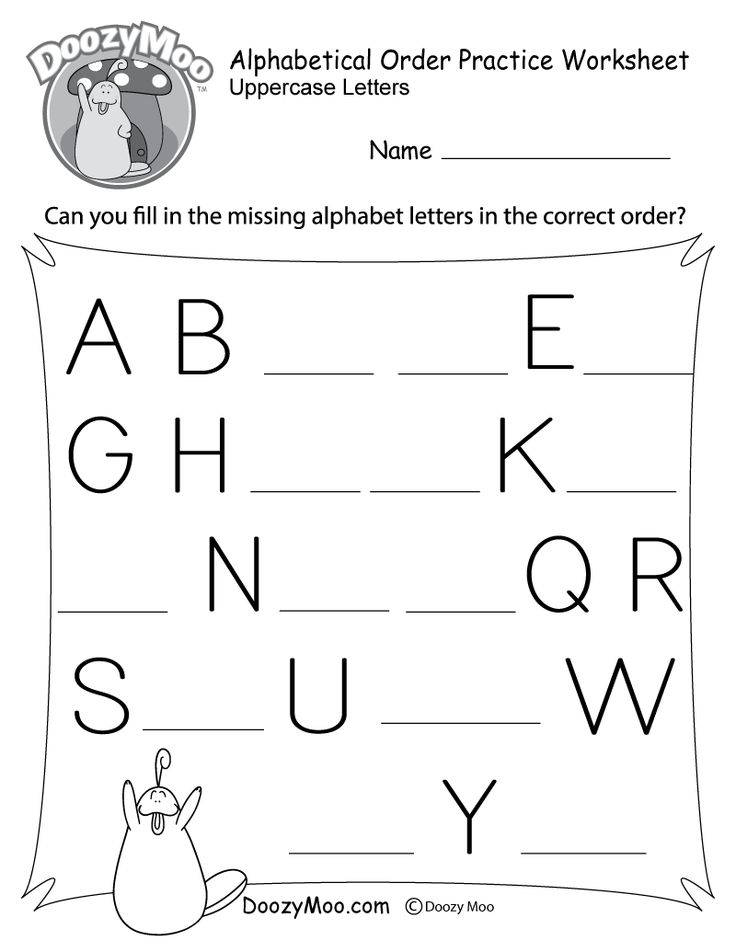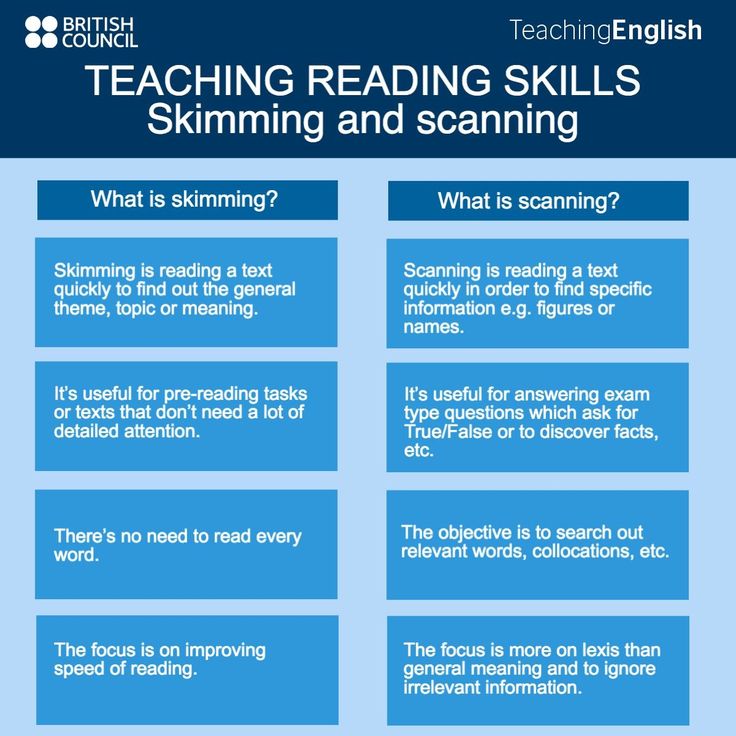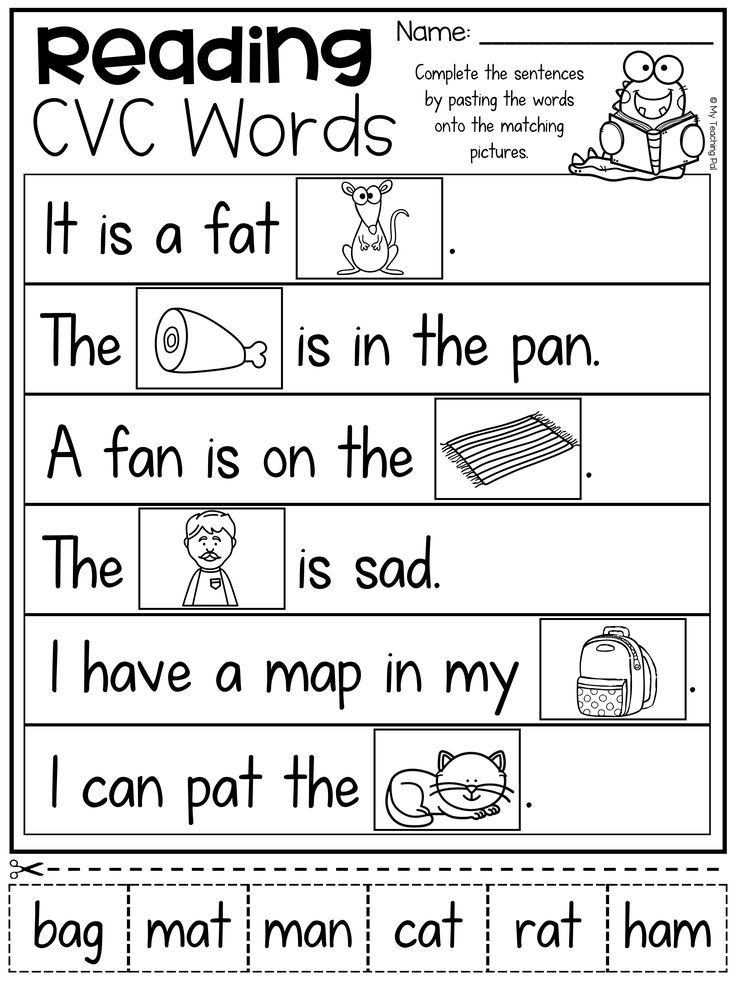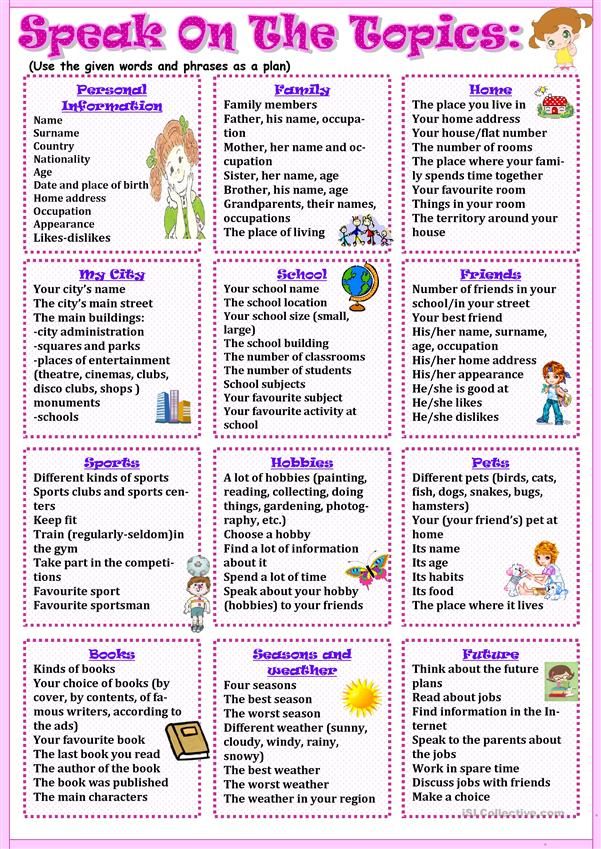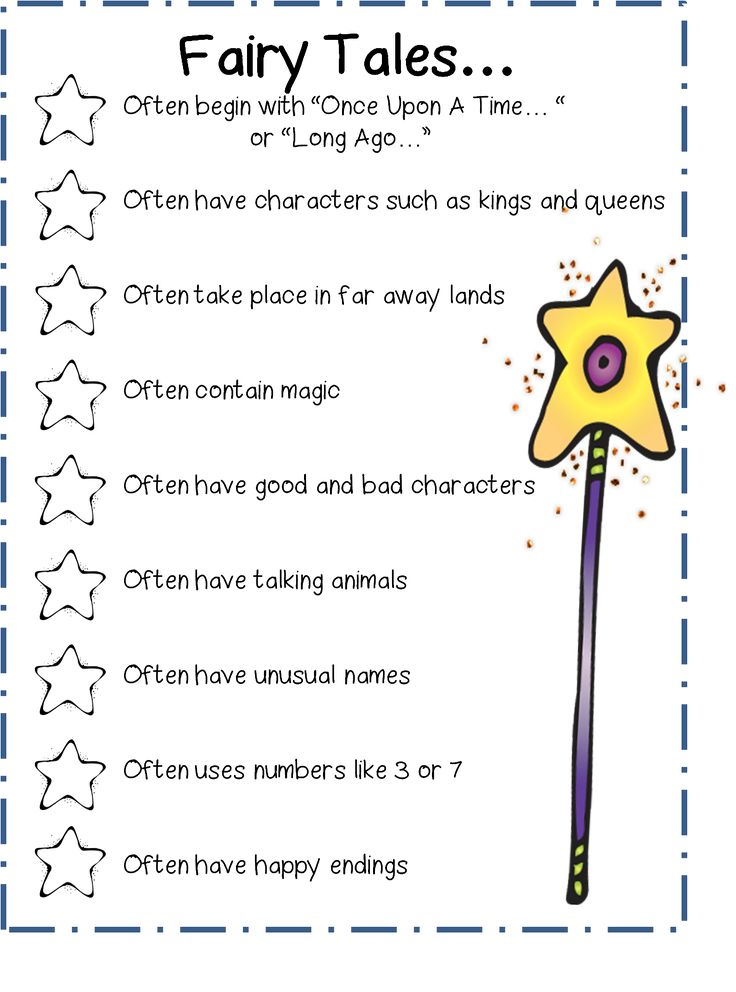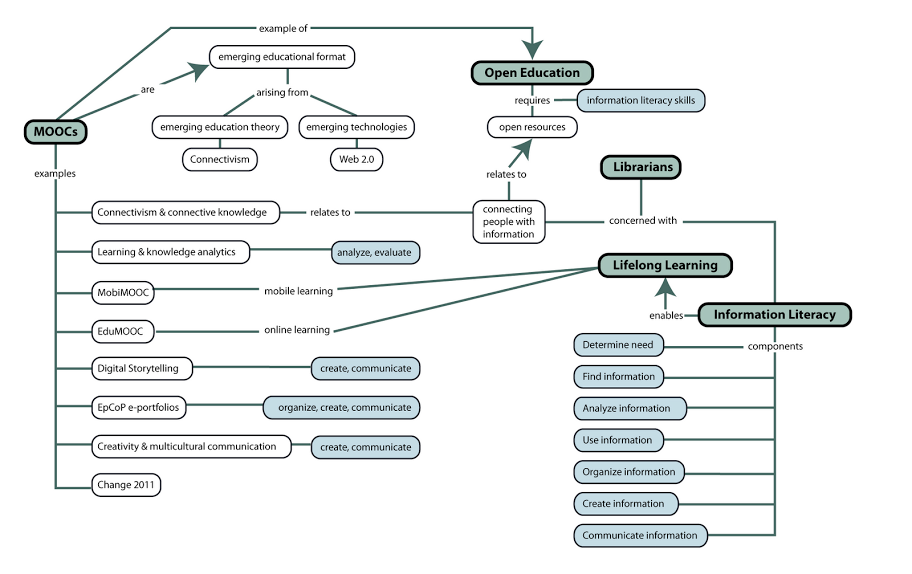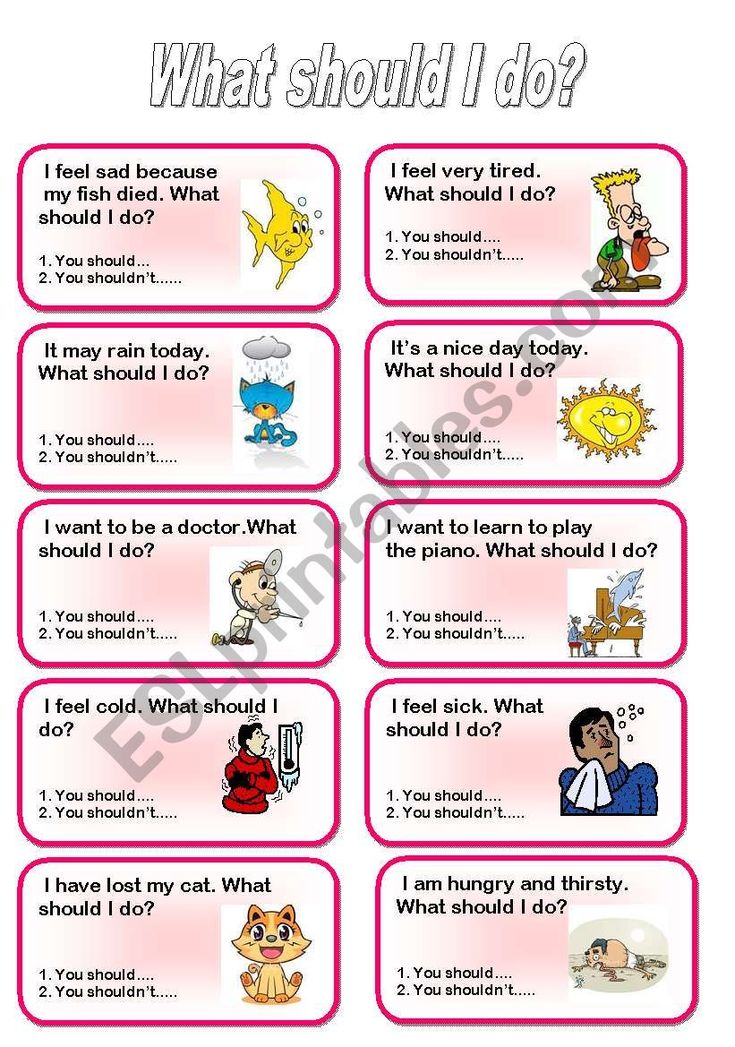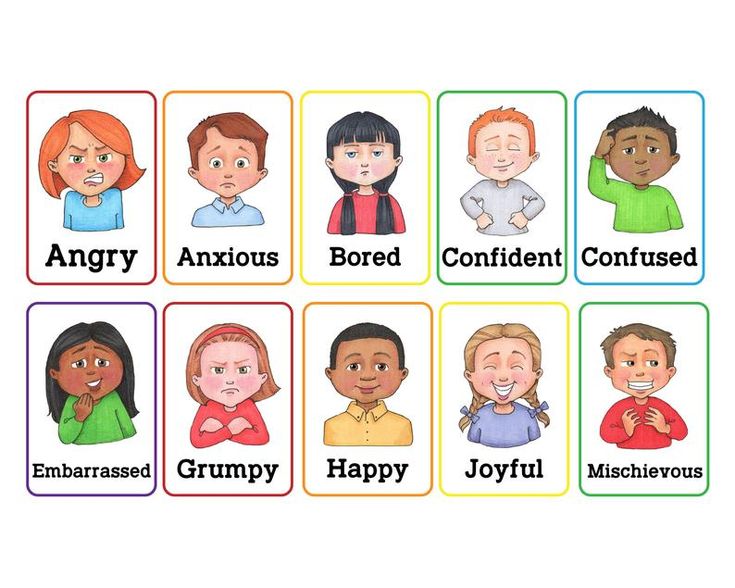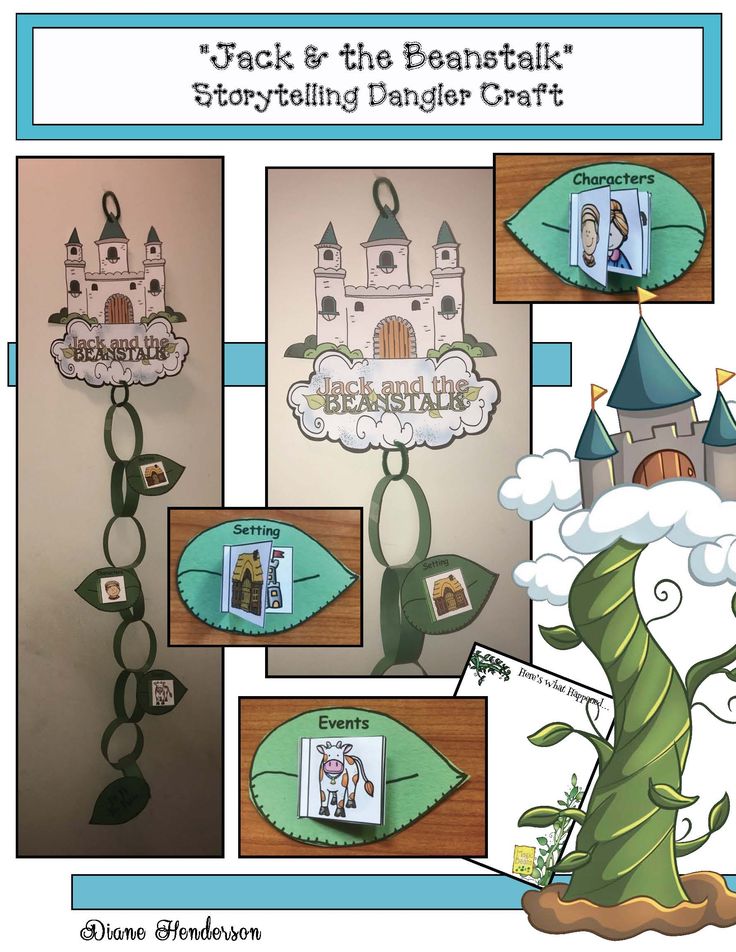Easiest words for babies to say
What to expect when your baby is learning to speak
Photo: Stocksy United
Many moms report that their baby’s first word was “mama”—and Yvonne Edwards is one of them. Although, in her case, she recalls, “it was more like ‘mum-mum,’” which her baby, Bronwen, called from the crib at about six months old.
“Mama,” along with “papa,” “dada” and “baba,” are typical first words of babies the world over, says Sharon Weisz, a Toronto-based speech language pathologist. But that’s not because babies are recognizing or naming their parents. It’s because those sounds are the easiest for babies to make. The m, p and b sounds—soon followed by d and g—are the first to form, and usually start as babbles between six and nine months, says Weisz. So it’s no coincidence that nearly every language has invented parental words to suit the abilities of babies. “In most languages, the words for ‘mommy’ and ‘daddy’ use those early sounds, the lip sounds,” says Weisz, who is the director of Toronto Speech Therapy.
What is my baby saying?
Although repetitious consonant-vowel words like “mama” and “dada” are most often seized upon by parents as baby’s first words, the initial speech sounds babies make are typically vowels that come months earlier, says Roxane Bélanger, a speech language pathologist at First Words, a preschool speech and language program in Ottawa.
At two or three months old, babies start cooing and blowing raspberries, and then progress to vowel sounds like “ah-ah” or “oooh.” By 10 months, they should typically be able to manage the repeated babbling of the “mama” and “dada” variety.
“Those are the early sounds, and people will interpret them as the words ‘mom’ and ‘dad,’” says Bélanger. “But the true first words happen when babies make the link between the sound they make and the person or object.”
For Weisz’s own four sons, that meant the next words after “mama” included “ball,” “more” and “car”—all words that were meaningful and helpful for a baby who wants a certain toy to play with, more to eat, or to engage with the world around them.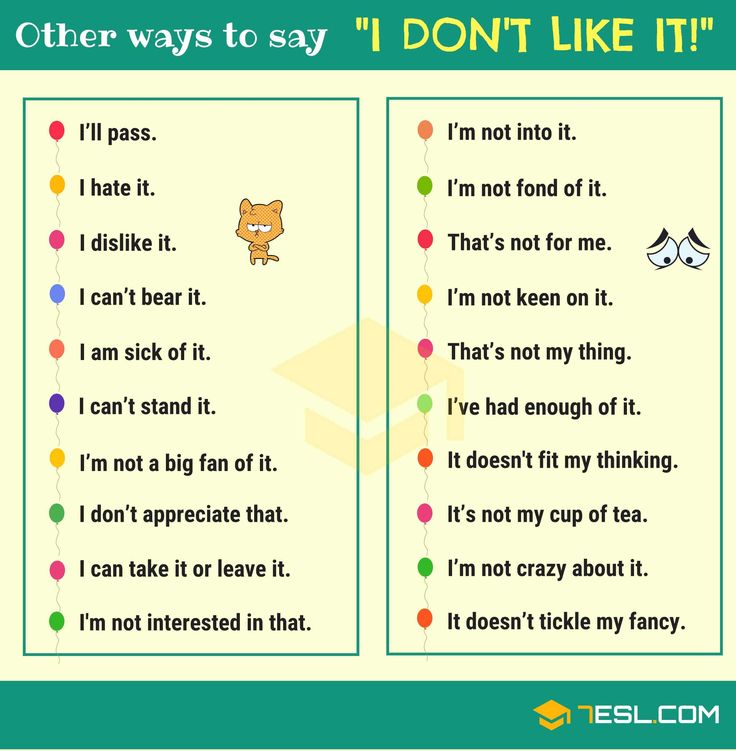 Edwards’ baby Bronwen followed “mum-mum” with “uh-oh” and
“god-ghee” (doggie). Weisz and other speech language experts say babies’ first few words are generally going to mirror what they are most interested in—and what words they are exposed to. So if parents want baby to be able to ask for “more” or “milk,” they have to repeat the words when the situation presents itself.
Edwards’ baby Bronwen followed “mum-mum” with “uh-oh” and
“god-ghee” (doggie). Weisz and other speech language experts say babies’ first few words are generally going to mirror what they are most interested in—and what words they are exposed to. So if parents want baby to be able to ask for “more” or “milk,” they have to repeat the words when the situation presents itself.
While most babies should be saying three to five words by their first birthday, says Bélanger, no one is expecting perfect pronunciation.
“They might say ‘ba’ for ball when they see dad picking up the ball,” she says. “Or when they are hungry and see a bottle, they might say ‘ba’ for bottle.” As long as your baby uses the word consistently, it counts. In this case, “ba” is actually considered two words, since it’s the clear connection of a sound to an object, not just the sound alone.
“They don’t usually say the ending sound at first,” Weisz adds.
Is bilingualism good for babies?
While some bilingual families worry their use of multiple languages will slow their baby’s speech development, studies have consistently shown there is nothing to be concerned about, says Bélanger. In fact, the pros far outweigh any cons.
In fact, the pros far outweigh any cons.
“Children won’t be confused if we introduce two or more languages early on,” she says. “In fact, it’s best to introduce two languages from birth. Children are born international—they are able to make sense and discriminate all the sounds that make up all the languages.” Babies who learn two languages at once may take longer to start talking, but they end up with the same number of words—in their combined languages—at major milestones.
Often, children learn one language from one parent and a second from the other, and they quickly understand who speaks which language. Similarly, many learn English at daycare and another language at home, and have no trouble matching each setting with the right language, Bélanger says.
When should I worry that my baby isn't talking?
Whether baby is growing up with one language or many, parents should only be concerned if their child isn’t experimenting with consonant and vowel sounds by six to nine months.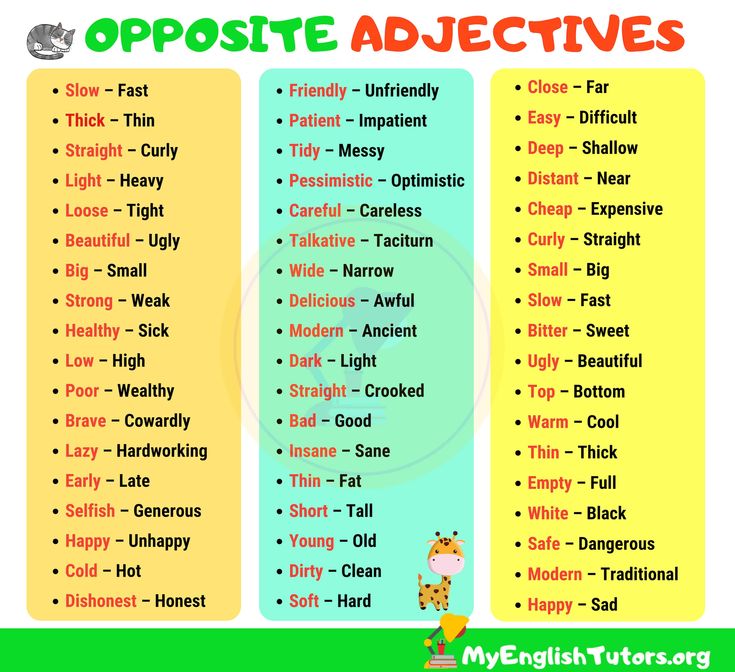 If this is the case, consider a hearing test. The newborn screening only determines whether a baby can hear at all, not how well, Weisz says.
If this is the case, consider a hearing test. The newborn screening only determines whether a baby can hear at all, not how well, Weisz says.
If your baby just isn’t super chatty, there are other learning cues that can reassure you that your child is still developing normally, including responding to their name, pointing to objects and then looking back at you, stacking blocks, opening a book, and rolling a ball back and forth.
Weisz says it’s important to look at the big picture. “Some kids may be later with their first words,” she says, “but they’re still understanding everything.”
This article was originally published on Nov 05, 2018
Baby first words list + Speech therapy tips — Toddler Talk
Birth - 1First Words
Written By Stephanie Keffer
Learn the most common first words and how to help your baby reach this exciting milestone!
Hearing your baby say their first word is one of the most anticipated moments for parents! You’ve been listening to their babbling for months, deciphering their gibberish, and trying to listen for a word.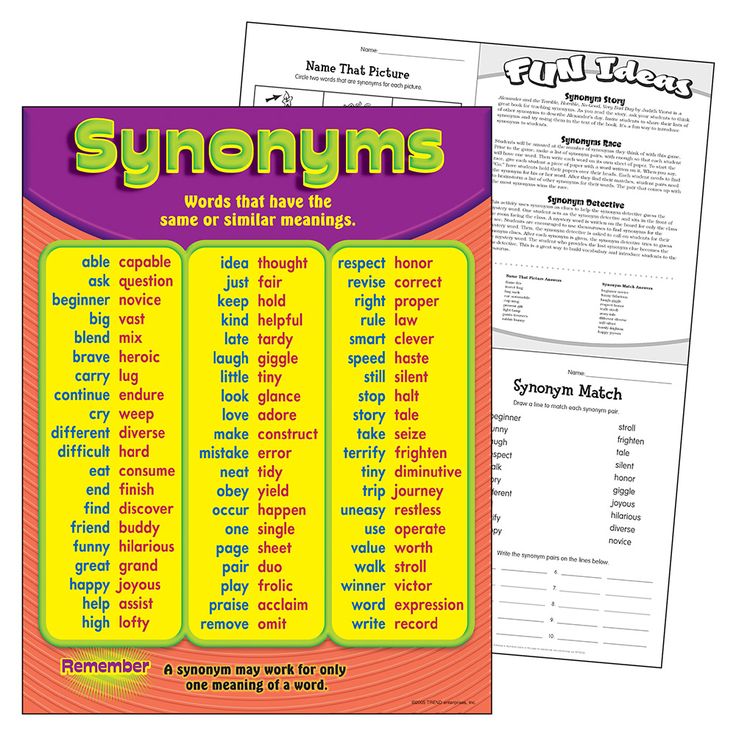
With all the sounds your baby is making, it can be really hard to know if they actually said a word or if they are just doing their normal jibber-jabber.
First, I want to give you the 3 foolproof ways to distinguish your baby’s first word from their babbling. Then, I will share a baby first words list of the 15 most common words babies say first and why so many babies have the same first words.
Listening for your baby’s first words
It happens all of a sudden! Your baby says their first word without warning and it may take you by surprise!
Let’s quickly paint the scene in our minds. Your baby is sitting in their high chair after breakfast and the dog is licking spilt oatmeal off their legs, and your child says says “dah!”, you may be wondering, Did you just say your first word? Is “dog” your first word?!
Well, the answer is, maybe.
There is no official first words speech therapy rule to define, but there are some common criteria we use to distinguish a first word(s) from your baby’s babbling and gibberish.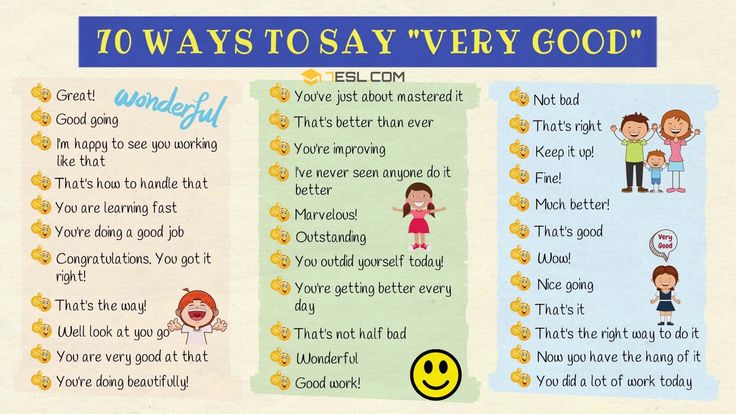 Used together, you can feel confident that you heard your baby say their first word.
Used together, you can feel confident that you heard your baby say their first word.
They said the same thing to mean something specific
They said it on their own without having to directly copy someone
They said the word 3 times or more
So in our story, when your baby said “dah!” out of the blue (without hearing someone say “dog” first) and is looking at your sweet dog who is tickling their toes as they lick off the spilt oatmeal, it is possible they are saying dog. But we can’t be entirely sure it’s the first word yet, because you’ve heard them babble “dah-dah-dah” throughout the day for other things too.
Now you’re on high alert listening for them to say dog (“dah”) again. Later that morning, you take the dog out to go potty.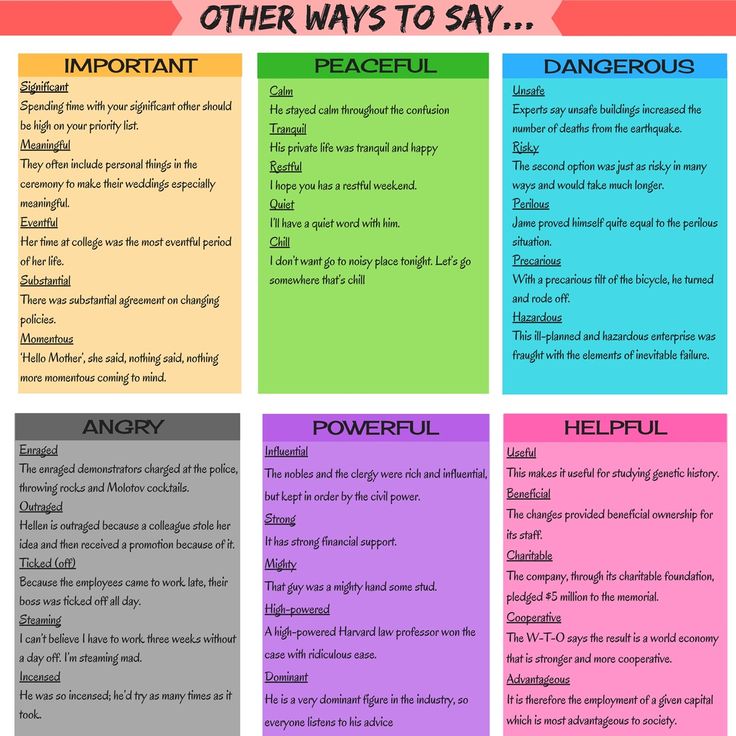 He lifts his leg and starts peeing on the bush. This excites your baby who notices the action, points, and says “Dah!” again to let you know the dog is going potty. Then again at night when you feed the dog his dinner, your baby excitedly says “Dah!” as he watches his puppy enjoy his dinner.
He lifts his leg and starts peeing on the bush. This excites your baby who notices the action, points, and says “Dah!” again to let you know the dog is going potty. Then again at night when you feed the dog his dinner, your baby excitedly says “Dah!” as he watches his puppy enjoy his dinner.
Because you’ve been listening closely, you know “Dah!” is different from the ongoing “dah-dah-dah-dah-dah” babble that you overhear as your baby plays on the floor with their favorite toys. You also noticed that your baby didn’t say “Dah!” on it’s own to refer to anything else, just the dog. AND they said it three times!
It’s official! Your child has said their first word!
A baby’s first words may sound very similar
Sometimes early words might sound like each other. That’s because babies and toddlers are still learning and practicing, so their speech doesn’t sound great yet. For example, “dah” might apply to other words that sort of sound the same, like “Dada.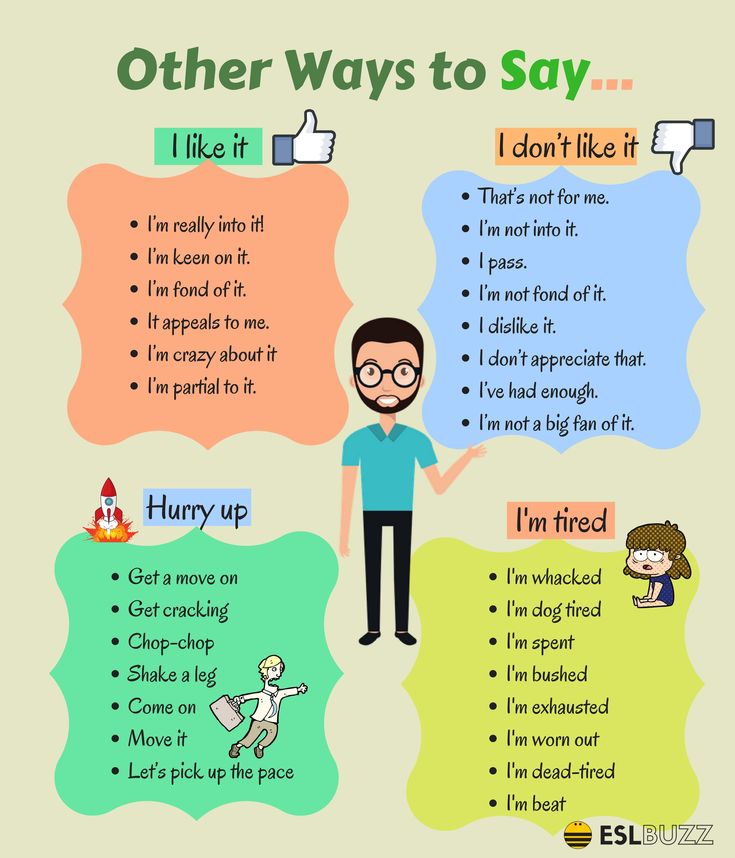 ” That’s okay. It takes some time before their talking starts to sound better. All new skills take practice!
” That’s okay. It takes some time before their talking starts to sound better. All new skills take practice!
Now that you know how to decipher your baby’s first word, let’s talk about some of the most common first words! Then keep reading to learn how to help your baby reach this exciting milestone.
15 of the most common first wordsMama
Dada
Papa
Ball (may be pronounced “ba”)
Bye
Uh-oh
Hi
No
Dog (may be pronounced “dah”)
Bottle (may be pronounced “bah” or “bah-bah”)
Baby
Woof woof
Banana (may be pronounced “nana”)
Bubble (may be pronounced “buh-buh)
Milk
There are two major factors that cause so many babies to have the same first word.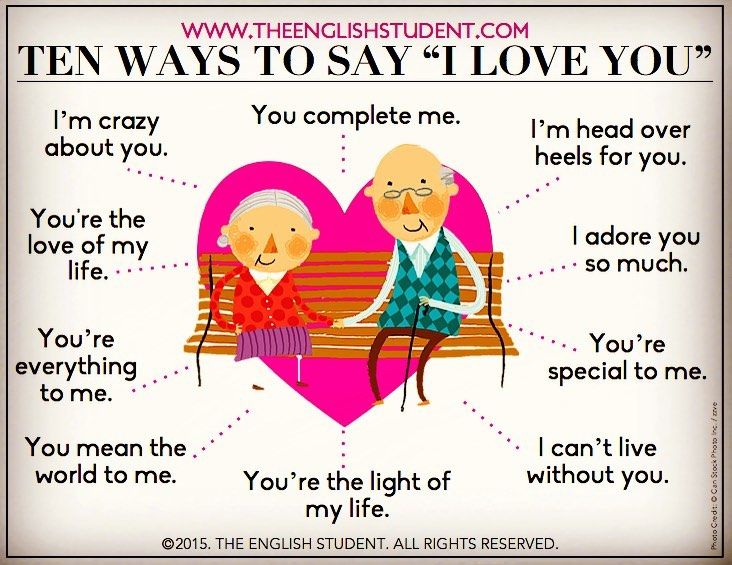
The first has to do with how often these words are repeated or how many times your baby hears a word. They are more likely to say a word that they’ve heard someone else say hundreds of times over. All the words on this list are things your baby has probably heard daily, and the same is true for other babies as well!
Second, most of these words contain the consonant sounds “m” “p” and “b.” These are also consonant sounds you’ve probably heard while your baby is babbling. They are the most common first consonant sounds because your baby can easily see how you are moving your lips open and close to make these sounds. Try making the “P” sound and then try making the “K” sound. You’ll notice that for “p” your lips come together and then apart; you’re baby can see this happening! When you make the “k” sound your tongue is moving in the back of your mouth; your baby can’t see this. When it comes to learning to talk, it’s easier for babies to copy what they can easily observe.
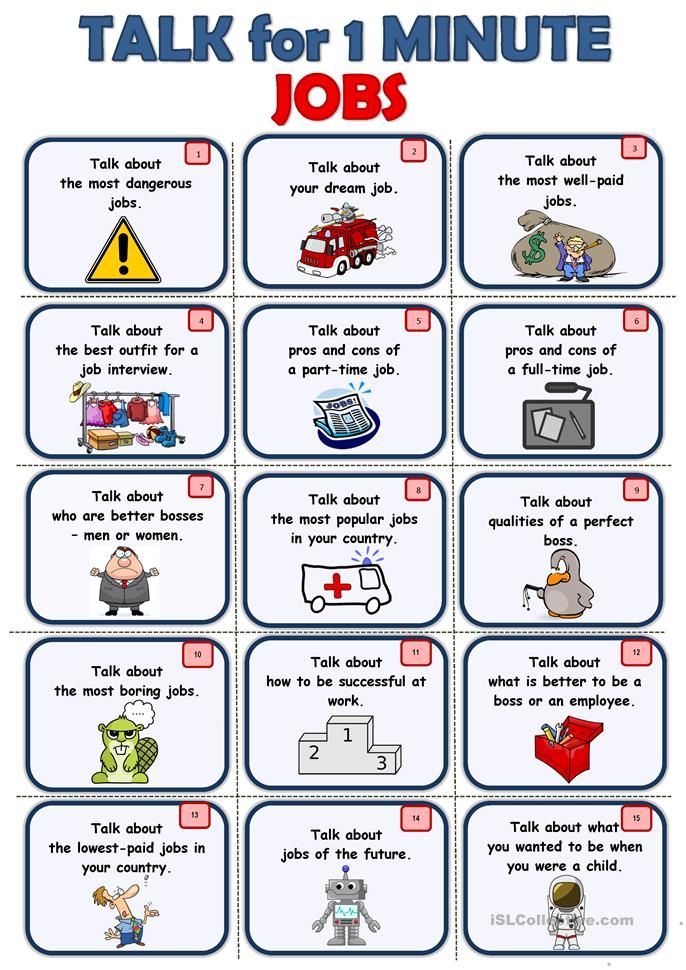 And it’s easier for them to pronounce words that contain these sounds versus others.
And it’s easier for them to pronounce words that contain these sounds versus others.
There are a few tried and tested first words speech therapy strategies when it comes to encouraging your baby to say their first word. Keep in mind, these strategies won’t make your child say their first word, we are just stacking the odds in their favor. As hard as it is, now is the time to be patient and observant!
Here are 4 first words speech therapy strategies you can use:
Pick a few specific words and repeat them often
Make sure your child can see your face so they can imitate you
Make more comment and ask less questions
Keep your child’s attention by following their lead in play
You can learn my 4 favorite speech therapy strategies for encouraging first words with my free mini-course linked here: The Foundations Of Speech Course For Parents
The course includes 4 three-ish minute videos where I will explain the strategies above and show you how to use them.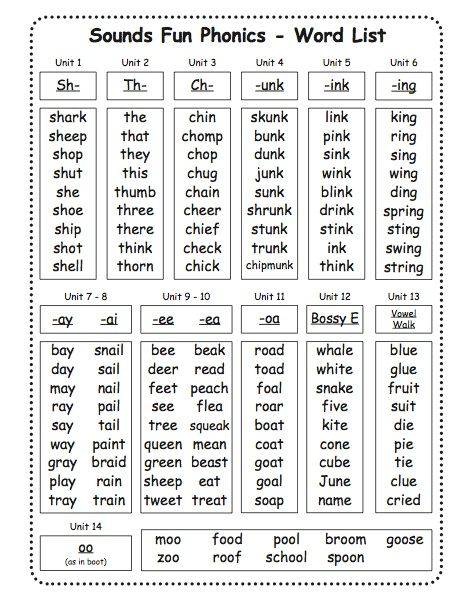 Plus you will get an activity guide for each strategy to make everything as easy as can be!
Plus you will get an activity guide for each strategy to make everything as easy as can be!
What words should a baby say at 1?
There is no particular word or words a baby should say a 1. Most children will say their first word between the ages of 10 months and 14 months. At 12 months it doesn’t matter what word a baby says (any word they are interested in saying is great) and it’s possible they haven’t said their first word yet.
Keep in mind that words baby say a 1 may not sound the same as words that we say. That’s because their pronunciation skills are still developing; the important thing is that your baby’s word sounds the same every time they say it.
When should the first words be spoken?
Babies say their first words between the ages of 10 to 14 months.
What are some first words?
Some of the most common first words around the world include: Mama, Dada, and Papa.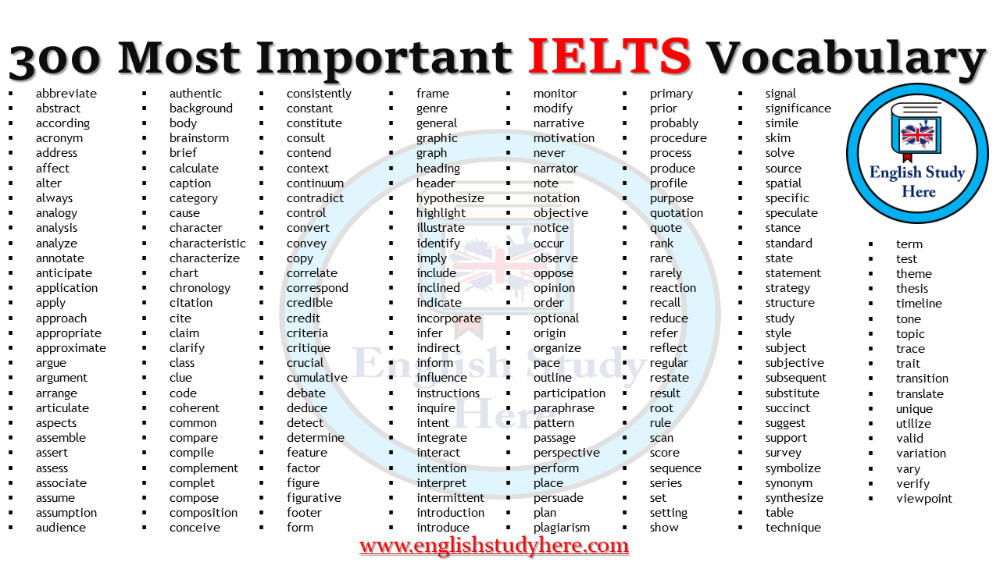
These words all follow the same pattern - (consonant + vowel) repeated. This pattern of combining sounds into words is often the first that babies learn, which is why many of the most common first words sound very similar.
You May Also Like:When do babies start babbling? Learn about the stages of babbling
How to encourage your baby’s first words
Written By: Stephanie Keffer, MS CCC-SLP
© 2020-2023. Stephanie Keffer, MS CCC-SLP. All Rights Reserved.
The content offered on ToddlerTalk.com is for informational purposes only. Toddler Talk is not engaged in rendering professional advice, whether medical or otherwise, to individual users or their children or families. No content on this site, regardless of date, should ever be used as a substitute for direct medical advice from your doctor, speech language pathologist, or other health professional. By accessing the content on ToddlerTalk.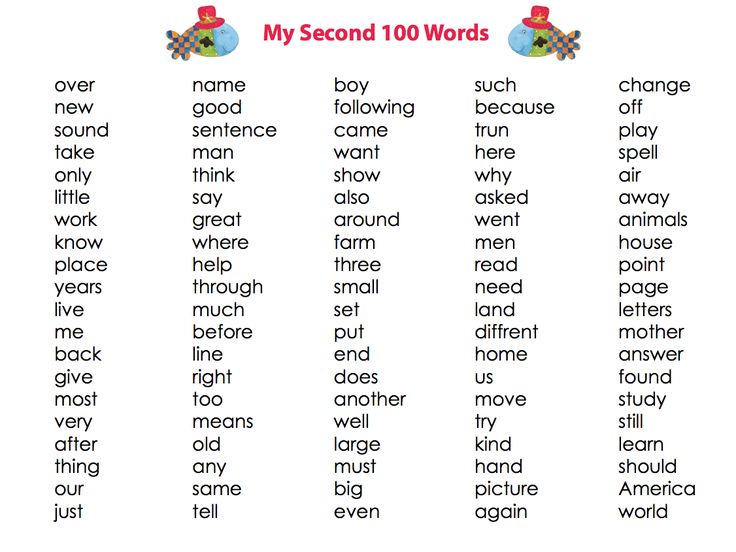 com, you acknowledge and agree that you are accepting the responsibility for your child’s health and well-being. In return for providing you with information related to home speech and language practice, you waive any claims that you or your child may have as a result of utilizing the content on ToddlerTalk.com.
com, you acknowledge and agree that you are accepting the responsibility for your child’s health and well-being. In return for providing you with information related to home speech and language practice, you waive any claims that you or your child may have as a result of utilizing the content on ToddlerTalk.com.
Stephanie Keffer
200 Words by Two Years: 8 Principles Every Mom Needs to Know About Speech Development
The topic of speech development is often shrouded in myths, speculation and prejudice, but which of these really exist? Is it true that 200 words by two years is real? Is it normal if a child cannot construct a simple sentence at this age? There are some important rules and practical advice given by our expert.
The first and one of the main principles: the baby should be interested
For a child at an early age, any cognitive activity is a game. Try to turn everything into a mini game to keep him interested in everything that happens.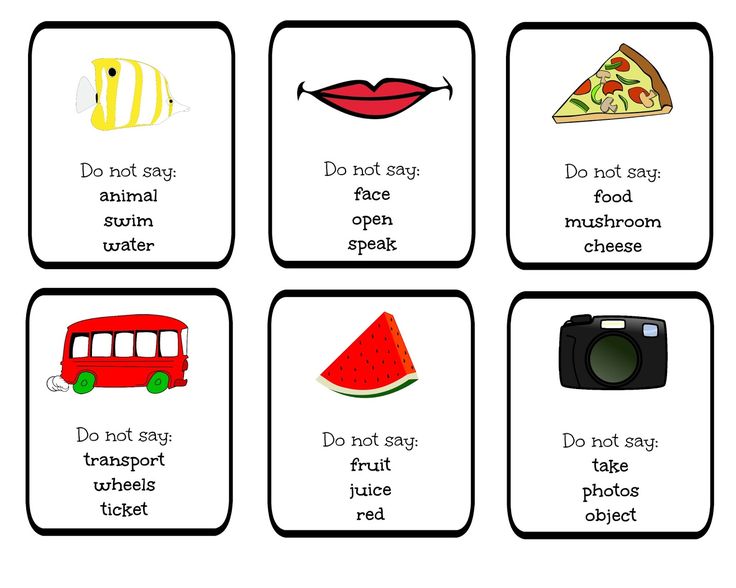 Being involved in the processes around, the child will quickly begin to voice his thoughts and pronounce what he thinks.
Being involved in the processes around, the child will quickly begin to voice his thoughts and pronounce what he thinks.
The second principle: provoke the child to speak
It is necessary to create conditions for the child in which it is simply impossible to remain silent! Start with gestures. But remember that you can not stop at them. Ask your child to voice their desires. You need to talk not only during your classes, but constantly. Talk about everything you do: about a walk in the park, about breakfast, how you dress, what the weather is like outside.
Do not miss
-
Don't miss
Baby Fitness: 4 Super Exercises for Mom and Baby
The third principle: a child imitates an adult
The kid likes to repeat everything after mom and dad. This will help him to speak faster! You can play with dolls, roll the ball into the goal, whatever.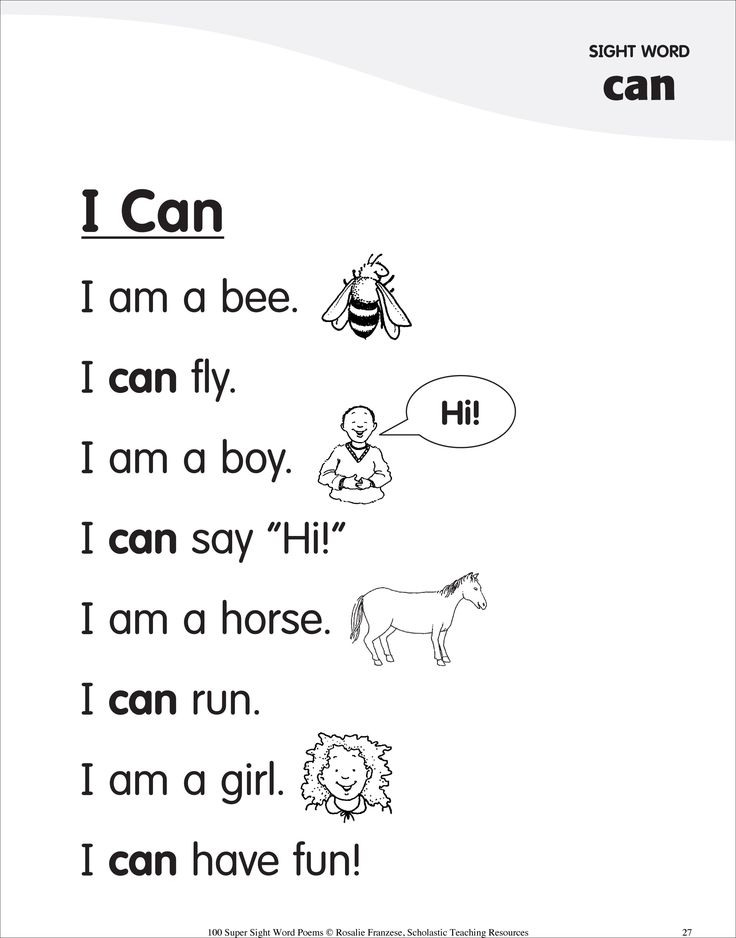 The main thing: together! And do not forget to say everything you do and wait for the baby to do the same. It is important and interesting for him to do “like mom or dad”, and also to say about it.
The main thing: together! And do not forget to say everything you do and wait for the baby to do the same. It is important and interesting for him to do “like mom or dad”, and also to say about it.
Fourth principle: develop your ear for speech!
Speech is, in fact, only the pinnacle of development. And in order to speak, your baby must hear and understand you. It depends both on the physical ability to distinguish sounds, and on the skill of speech hearing. Speech hearing is the understanding of the relationship between sound and meaning. Gradually, the child learns not only to differentiate sounds, but also to correlate with the processes around, understand requests, consciously build syllables and words, feeling their semantic purpose. The initial exercise can be a simple rattle game!
Don't miss it
The fifth principle is to breathe properly!
You really need to be able to breathe “correctly”. And this skill is also acquired. Therefore, for the development of speech, breath control is also very necessary.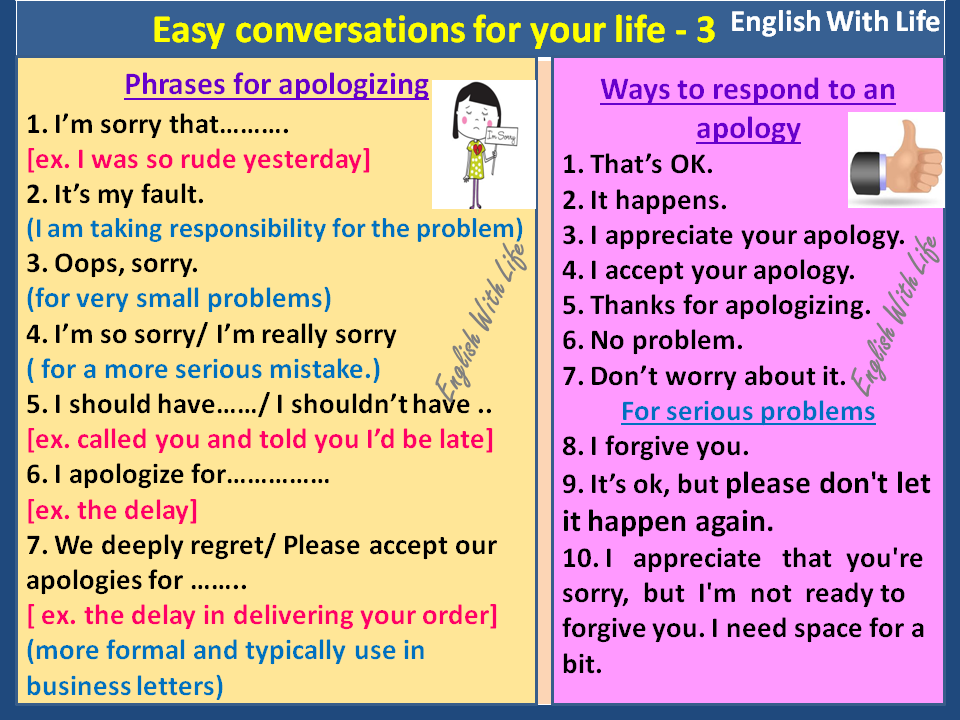 Air is the building material of sound. If you teach a child to breathe correctly, measuredly, it will be easy for him to speak. Singing your favorite songs will help a lot!
Air is the building material of sound. If you teach a child to breathe correctly, measuredly, it will be easy for him to speak. Singing your favorite songs will help a lot!
In the future, your baby will automatically train speech breathing, that is, to correctly combine inhalation and exhalation. Sometimes, if the necessary skill is not formed on time, a specialist may advise special breathing exercises.
Sixth principle: remember fine motor skills!
When a child learns to do something with his hands, new neural connections are formed in his head. And without it there can be no normal development. So don't forget about fine motor skills!
And it will be even better if all your games are story-based: draw, sculpt, make applications and animate them, invent stories for the characters.
Do not miss
-
Do not miss
5 habits of toddlers that you have to put up with
Seventh principle: remember what not to do!
• Do not demand! And do not wish for too much at once! It won't help.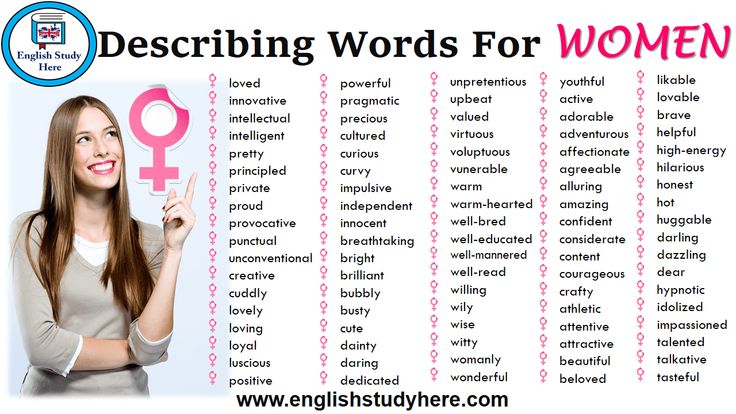 Or make it worse.
Or make it worse.
• No gadgets! Tablets, TVs, phones and other appliances are needed in moderation.
• Do not deprive of motivation! In families with overattentive parents, children lose the desire to speak - after all, they are already understood!
• Don't talk! And don't break your tongue. Do you remember? The child repeats. And repeats absolutely everything. And while you are melting with emotion, he is at a loss: how can he communicate with this world?
• Do not wait! If you see that something is not working for the baby, help him! And if you cannot solve the problem yourself, contact a specialist. Different problems look the same - the child is silent. But it is a specialist who can determine the cause and really help.
Eighth principle: norms are not invented by doctors!
They are “peeped” from nature and brought together by specialists so that parents can correctly and timely assess the development of the baby.
It is important that the speech does not begin with the first "mom", but with the first cry! In the first three months.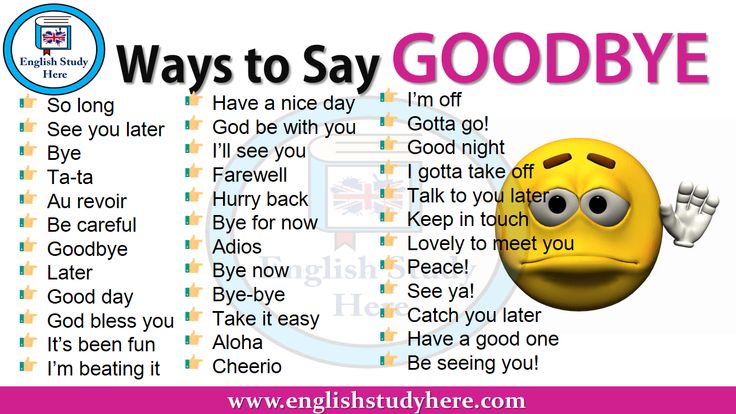
3 months
• Baby's cry should be different; when he wants to eat, he is alone; when he just missed his mother - another;
• The child must respond to sounds and look for their source;
• The baby has the first smile in his life.
3-6 months
• The long-awaited hum appears. Over time, it will become babble. And by the way, if cooing is just drawling vowels: a-a-gu, gee, gee, a-gee. That babble is syllables. Bababa, mom - that's all he is! And also: the baby has a laugh!
6-9 months
• Babble becomes more varied and should not fade away! It seems that the child is almost "talking".
• The kid begins to play nursery rhymes: these are “palmies”, “birds flew”, “coo-coo”. This is a step towards the first conscious syllables! If the baby plays, then he understands your speech.
• Understands simple requests and questions, such as Where's Mom? Where is Dad? Give me a pen! It is forbidden!
• And yes! The child responds to his name.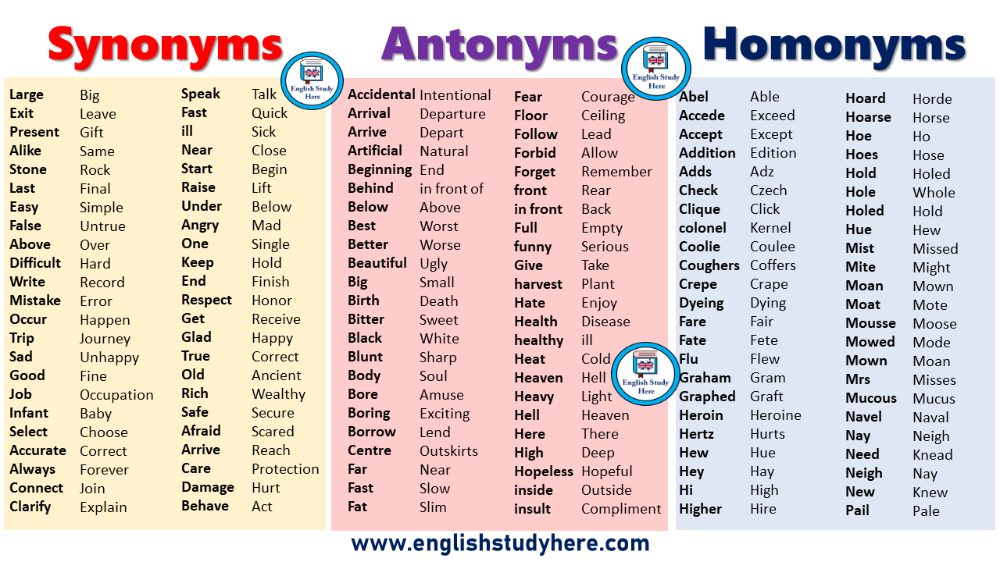
1 year
• Baby says first words! If two months ago the babble “mamamama” meant nothing, then today mom is an appeal specifically for you!
• Frequent words: this is a woman, uncle, na, give, bang, ko. And not necessarily a "cat" - now you can just ko or coca. And "pi" can mean dad, and drink, and a button! This is about 10 such words per year.
Attention! If the baby continues to express himself only with gestures and is capricious at the same time, contact a specialist!
2 years
• The child understands the two-step instruction: Take the cat! Play with her!
• The first simple phrase appears! Mom, drink! Mom, go! Chu pi! Give me the ball! albeit not quite true, but the phrase!
• The child's vocabulary is almost 200 words.
But it is important to understand what these words are. Of course, we are immediately presented with a list of adult compound nouns and verbs from Ozhegov's dictionary. But it is not so.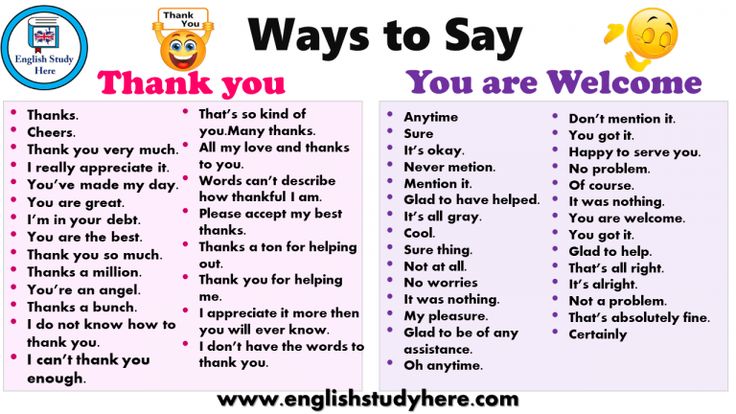
Initially, these can be “lightweight” words, for example, kisa, ava, mumuka, and such word forms as “guyat” instead of “walk”, “kovat” instead of “bed”, “syapka” instead of “hat”, etc. . Gradually, there are less and less “lightened” words, “bye-bye” is replaced by an adult “sleep”, “bibika” - “car”. Rather, of course, “masina”, but someone will say this word right away!
Attention! If by the age of 2 the child does not have a simple phrase, contact a specialist!
3 years
• Causal relationships appear. For example: “I don’t eat soup because you cooked it wrong!”
• Offers become expanded. The kid can express any thought in words!
Of course, all children are individual, and slight deviations in terms are possible.
And most importantly: do not forget to praise your baby! Don't miss out on his little victories. Let them be yours too!
Expert
Tatyana Batysheva
Doctor of Medical Sciences, Professor, Honored Doctor of Russia, Member of the Presidium of the All-Russian Society of Neurologists, Director of the Scientific and Practical Center for Child Psychoneurology of the Moscow Health Department.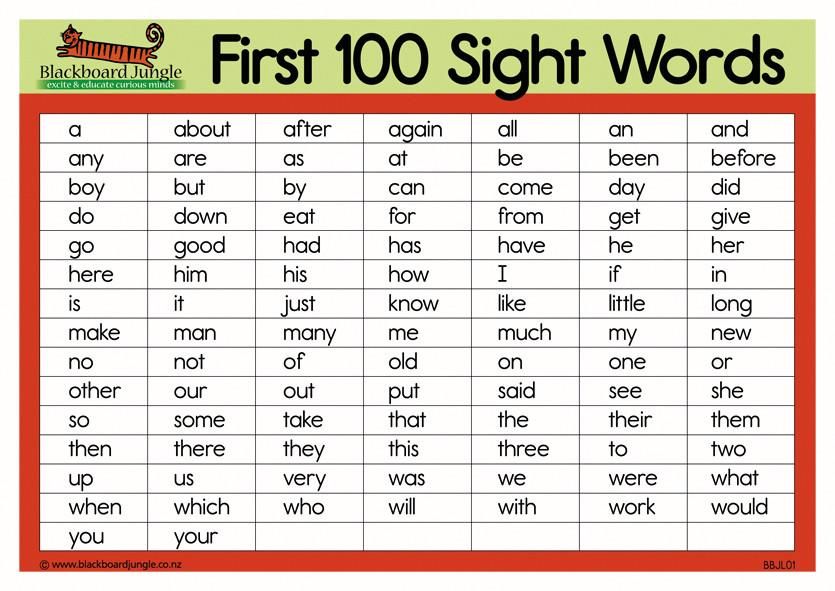 Founder of the project "Big Mama" @bolshaya__mama
Founder of the project "Big Mama" @bolshaya__mama
What impression did this article make on you?
My first words: English words for children
How to raise a polyglot child? The answer is simple: start learning languages with him as early as possible. Basic English will be an excellent foundation for the future knowledge of the baby and will help develop learning skills, because the brain of children at an early age absorbs an almost endless amount of information like a sponge. The main thing is to present it correctly.
In this article you will find not only simple first English words for children, but also recommendations for learning them. Open to your kid the fascinating world of English!
At what age do we start teaching?
Opinions of experts and parents themselves about the age at which it is worth starting to learn English with a child differ. Of course, you can start singing lullabies to your baby in English even from infancy, but your strength will be almost wasted.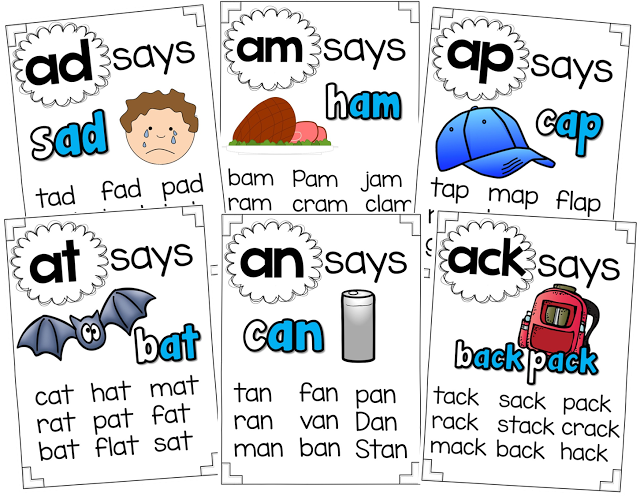
Most agree that the most optimal age at which the average child begins to adequately acquire English as a foreign language is 2.5-3 years. It is believed that at this age the process of formation of native speech is already ending. That is, the child must be able to clearly pronounce Russian sounds and words, as well as build sentences and have a coherent speech.
The exceptions here are when the child grows up in a multicultural environment. For example, if the mother is Russian and the father is English, then it is possible to communicate with the child in two languages from the very beginning. True, then your child will be funny to form sentences, and questions like: “Mom, can I have an apple” will constantly sound in the house.
This approach is good when the family lives abroad, where the main language is a foreign one. As the child gets older and starts attending kindergarten, the child will understand the difference between the languages of his parents and begin to use the words in the correct context.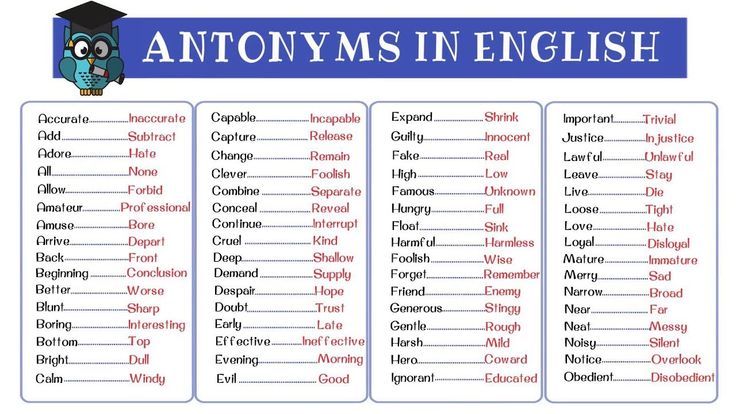 This applies, by the way, not only to English, but also to any foreign language.
This applies, by the way, not only to English, but also to any foreign language.
If you want your child to speak only English from the very beginning, you can create an artificial multicultural environment. For example, at home talking with the baby only in a foreign language.
Is it possible to send the child to a language nursery or kindergarten with an English focus? Then do it without any hesitation. So the multicultural environment will be natural for the child: in the nursery they will communicate with him mainly in English, and at home you will be able to talk with the baby in Russian. In specialized language kindergartens, teachers will help your child learn English in a natural environment, and at home you can consolidate knowledge with him through various games and riddles.
If it is not possible to send your child to a language kindergarten, start learning English at home using the same methods that you used to learn your native language with him.
How to learn English with a child?
At a young age, of course, we are not talking about grammar or writing English words. To begin with, the child needs to learn how to pronounce sounds correctly, remember letters and form a basic vocabulary. By the way, it will be much easier for a kid than for an adult to remember the correct pronunciation of English sounds, which are so different from Russian ones. They will not have to rebuild their articulation apparatus as much as we, adults, who have been speaking their native language for many years.
Here is a list of skills to develop in a preschooler first:
- listening to speech
- speaking
- reading
To make learning English not a burden for a child, add an element of play to the learning process.
Get a colorful glove doll and make it a kind of "teacher" for your child. Introduce your baby to a new toy and say that it only understands English, which means that in order to play with it, the child needs to learn an interesting new language.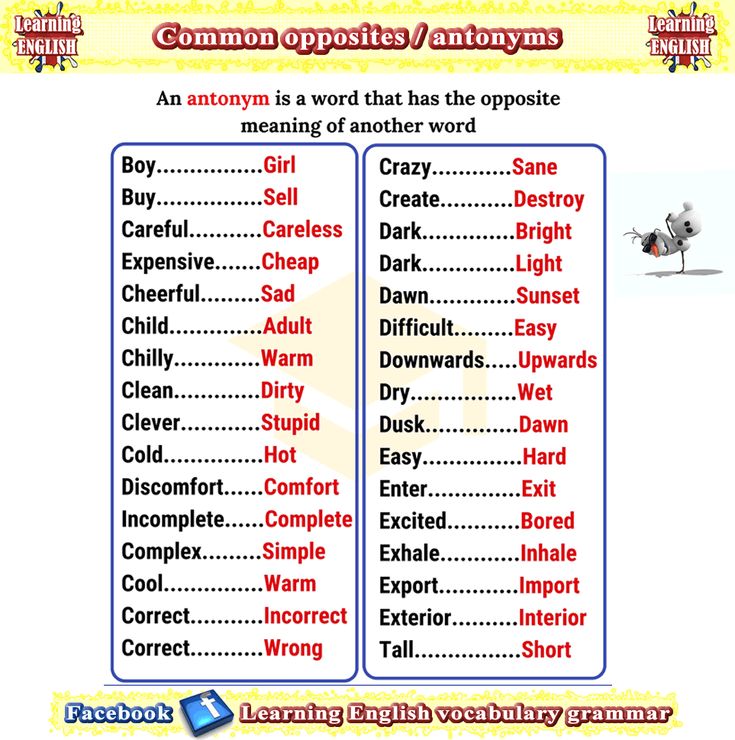 So this toy will become the main intermediary between you and your child in learning English.
So this toy will become the main intermediary between you and your child in learning English.
First of all, learn the alphabet and the correct pronunciation of letters and basic sounds with your child. Make it better with the help of the popular ABC Song. This is how the English alphabet is taught all over the world, not only by foreigners, but also by native speakers themselves.
Next - form basic English for children: words and simple phrases. For example, make cards for basic words that the child already knows in their native language. These can be household items, animals, body parts, etc. It is better that the cards are bright, with the spelling of a word and a picture symbolizing a particular subject. You can stick these cards on household items so that the child constantly sees the names of objects in English and memorizes them automatically.
Incorporate English words into your regular vocabulary when communicating with your child. In the context of what is happening around the baby, it will be much easier to understand and learn the language.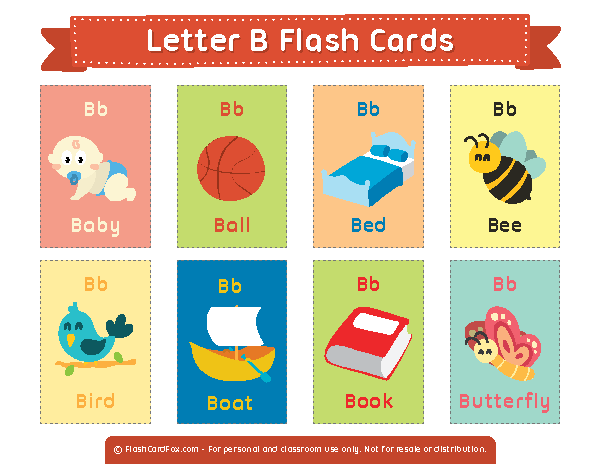 Playing at home or being outside, use the phrases and words you have already learned. If a child tells you: “Mom, look, a kitty!” Then answer: “Yes, it’s true, it’s a cat. How would it be in English? A cat. This is a cat.
Playing at home or being outside, use the phrases and words you have already learned. If a child tells you: “Mom, look, a kitty!” Then answer: “Yes, it’s true, it’s a cat. How would it be in English? A cat. This is a cat.
By the way, it's better to start learning not just individual words, but whole phrases at once, as in the example above. That is, to acquaint with the very, very basic grammar. After all, if you tell your child only words, he will only know the translation, and if you start using whole sentences, then he will memorize in sentences.
Visualization and variety are important for learning English with a child. Children may enjoy books in English with colorful pictures that can be read together at bedtime instead of the usual Russian fairy tales. Also, do not forget about special educational cartoons in English, where bright characters tell the child about the basics of the language or teach him the alphabet.
Play fun, educational games with your little one so they don't get bored while learning English. It can be cards, pantomimes, drawings and much more.
It can be cards, pantomimes, drawings and much more.
Basic set of words with transcription and translation
The first English words for children to start learning the language with are those that surround the child every day. Below you will find a list of such words by topic.
Family [ˈfæmɪli] - family
Mother [ˈmʌðə] Father [ˈfɑːðə] - father
Brother [ˈbrʌðə] - brother
Sister [ˈsɪstə] - sister
Grandmother [ˈgrænˌmʌðə] - grandmother
Grandfather [ˈgrændˌfɑːðə] - grandfather
Body [ ˈbɒdi ]
Head [head] - head
Hair [heə] - hair
Eyes [aɪz] - eyes
Nose [nəʊz] - nose
Teeth [tiːθ] - teeth
Lips [lɪps] - lips
Ears [ɪəz] - ears
Neck [nek] - neck
Shoulders [ˈʃəʊldəz] - shoulders
Leg [leg] - leg
Feet [fiːt] - feet
Pets [ pets ]
Dog [dɒg] - dog
Cat [kæt] - cat
Kitten [ˈkɪtn] - kitten
Puppy [ˈpʌpi] - puppy
Rabbit [ˈræbɪt] - rabbit
Parrot [ˈpærət] - parrot
Fish [fɪʃ] - fish
Hamster [ˈhæmstə] - hamster
Snake [sneɪk] - snake
Turtle [ˈtɜːtl] - turtle
Animals [ ˈænɪməlz ]
Goat [gəʊt] - goat
Pig [pɪg] - pig
Sheep [ʃiːp] - sheep
Horse [hɔːs] - horse
Cow [kaʊ] - cow
Goose [guːs] - goose
Chicken [ˈʧɪkɪn] - chicken
Duck [dʌk] - duck
Cockerel [ˈkɒkərəl] - cock
Fox [fɒks] - fox
Wolf [wʊlf] - wolf
Bear [beə] - bear
Hare [heə] - hare
Elephant [ˈelɪfənt] - elephant
Tiger [ˈtaɪgə] - tiger
Lion [ˈlaɪən] - lion
Crocodile [ˈkrɒkədaɪl] - crocodile
Giraffe [ʤɪˈrɑːf] - giraffe
Colors
Red [red]
Green [griːn] - green
Blue [bluː] - blue
Orange [ˈɒrɪnʤ] - orange
Yellow [ˈjeləʊ] - yellow
Pink [pɪŋk] - pink
Gray [greɪ] - gray
Black [blæk] - black
White [waɪt] - white
Purple [ˈpɜːpl] - purple
Brown [braʊn] - brown
Food
Water [ˈwɔːtə] - water
Tea [tiː] - tea
Juice [ʤuːs] - juice
Sugar [ˈʃʊgə] - sugar
Salt [sɒlt] - salt
Yogurt [ˈjɒgət] - yogurt
Bread [bred] - bread
Milk [mɪlk] - milk
Cheese [ʧiːz] - cheese
Eggs [egz] - eggs
Butter [ˈbʌtə] - oil
Meat [miːt] - meat
Cookies [ˈkʊkiz] - cookies
Chocolate [ˈʧɒkəlɪt] - chocolate
Fruits [ fruːts ]
Apple [ˈæpl] - apple
Pear [peər] - pear
Orange [ˈɒrɪnʤ] - orange
Banana [bəˈnɑːnə] - banana
Lemon [ˈlemən] - lemon
Pineapple [ˈpaɪnˌæpl] - pineapple
Grapes [greɪps] - grapes
Kiwi [ˈkiːwi:] - kiwi
Tangerine [tæn(d)ʒəˈriːn] — Mandarin
Melon [ˈmelən] - melon
Watermelon [ˈwɔːtəˌmelən] - watermelon
Peach [piːʧ] - peach
Vegetables
Carrot [ˈkærət] - carrot
Onion [ˈʌnjən] - bow
Garlic [ˈgɑːlɪk] - garlic
Tomato [təˈmɑːtəʊ] - tomato
Cabbage [ˈkæbɪʤ] - cabbage
Pepper [ˈpepər] - pepper
Potato [pəˈteɪtəʊ] - potato
Cucumber [ˈkjuːkʌmbə] - cucumber
House [haʊs]
Bedroom [ˈbedruːm] - bedroom
Living room [ˈlɪvɪŋ ruːm] - living room
Kitchen [ˈkɪʧɪn] - kitchen
Bathroom [ˈbɑːθruːm] - bathroom
Fridge [frɪʤ] - refrigerator
Cooker [ˈkʊkə] - plate
Table [ˈteɪbl] - table
Chair [ʧeə] - chair
Sofa [ˈsəʊfə] - sofa
Bed [bed] - bed
Window [ˈwɪndəʊ] - window
Mirror [ˈmɪrə] - mirror
Towel [ˈtaʊəl] - towel
Toothbrush [ˈtuːθbrʌʃ] - toothbrush
Toothpaste [ˈtuːθpeɪst] - toothpaste
Wardrobe [ˈwɔːdrəʊb] - wardrobe
Cup [kʌp] - mug
Plate [pleɪt] - plate
Bowl [bəʊl] - bowl
Fork [fɔːk] - fork
Spoon [spuːn] - spoon
Knife [naɪf] - knife
Clock [klɒk] - hours
Clothes
Dress [dres] - dress
Skirt [skɜːt] - skirt
Shirt [ʃɜːt] - shirt
T-shirt [ˈtiːʃɜːt] - T-shirt
Jeans [ʤiːnz] - jeans
Trousers [ˈtraʊzəz] - pants
Shorts [ʃɔːts] - shorts
Jumper [ˈʤʌmpə] - sweater
Suit [suːt] - suit
Coat [kəʊt] - coat
Hat [hæt] - hat
Socks [sɒks] - socks
Months [ mʌnθs ] — months
January [ˈʤænjʊəri] - January
February [ˈfebrʊəri] - February
March [mɑːʧ] - March
April [ˈeɪprəl] - April
May [meɪ] - May
June [ʤuːn] - June
July [ʤu(ː)ˈlaɪ] - July
August [ˈɔːgəst] - August
September [sepˈtɛmbər] - September
October [ɒkˈtəʊbə] - October
November [nəʊˈvembə] - November
December [dɪˈsembə] - December
Weather [ ˈweðə ]
Sun [sʌn] - sun
Rain [reɪn] - rain
Cloud [klaʊd] - cloud
Wind [wɪnd] - wind
Snow [snəʊ] - snow
Fog [fɒg] - fog
Cold [kəʊld] - cold
Hot [hɒt] - hot
Winter [ˈwɪntə] - winter
Spring [sprɪŋ] - spring
Summer [ˈsʌmər] - summer
Autumn [ˈɔːtəm] - autumn
This list of first English words for children is far from complete.